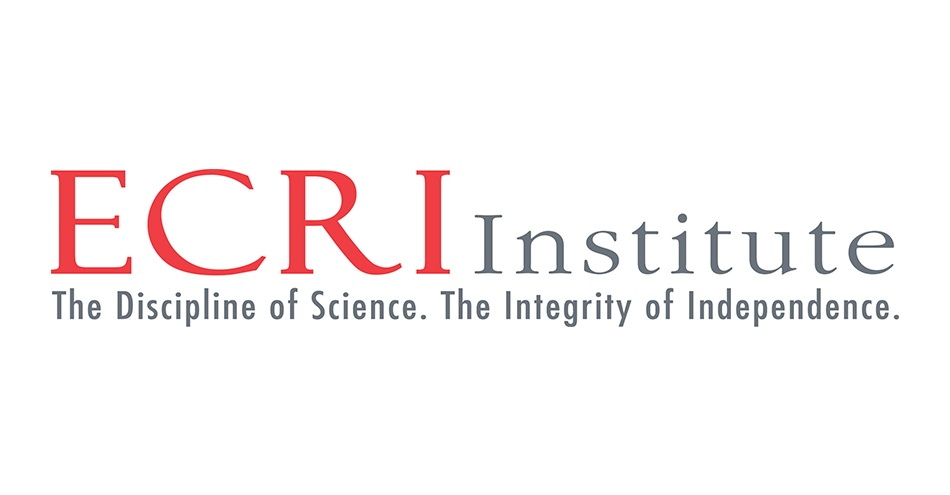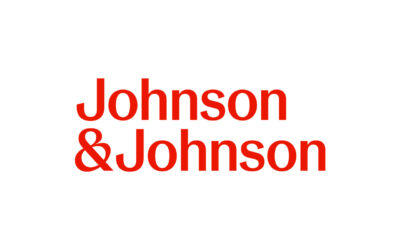
ECRI Institute opposes a total ban of commercial ethylene oxide (EtO) sterilization because it could result in widespread shortages of sterile medical devices. More than 50% of all sterile medical devices purchased in the United States are sterilized with EtO.
“Even a partial ban on ethylene oxide could cripple the delivery of health care in the United States as critical medical-surgical supplies would suddenly become unavailable,” said Marcus Schabacker, MD, PhD, president and CEO, ECRI Institute.
Hospitals around the country began reporting medical device shortages after a large Illinois-based sterilization plant closed due to state environmental pressures. Legislators in Illinois are currently considering an outright ban on EtO sterilization. These actions follow a 2016 report by the Environmental Protection Agency (EPA) regarding possible health risks from EtO emissions.
“While environmental health concerns certainly need to be addressed, legislators and the public should be aware that an ethylene oxide ban could severely impact the safe delivery of health care,” said Schabacker. “Without access to medical supplies, many surgeries and procedures would not be possible.”
For more than 50 years, the medical device industry has relied on ethylene oxide to sterilize temperature- and moisture-sensitive disposable medical devices, such as syringes, IV bags, and wound dressings, and lifesaving devices, such as stents and catheters. These medical device materials and packaging were developed for EtO sterilization. ECRI Institute knows of no safe alternative commercial sterilization methods that could immediately replace EtO at this time.
This topic is under discussion at the Food and Drug Administration (FDA) public advisory committee meeting of the General Hospital and Personal Use Devices Panel of the Medical Devices Advisory Committee, November 6-7, 2019.
To learn more, visit www.ecri.org.









